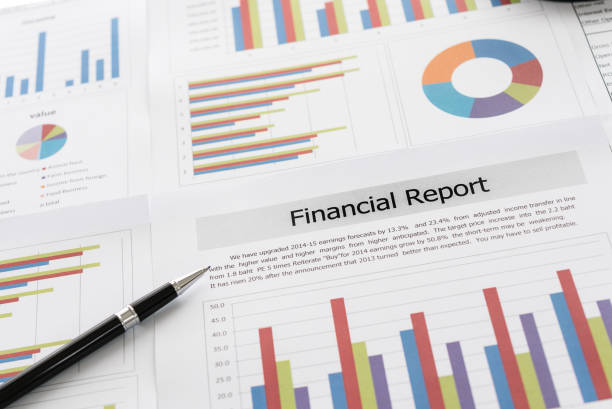What is ESG rating?
An Environmental, Social and Governance rating / score is the
assessment of the ESG attributes of an entity. The entity could be
companies, products or sovereigns. There are a number of criteria that
go into evaluating an ESG rating, with each aspect being considered
separately and then an overall score is determined.
ESG ratings can cover a wide range of things. For example, an ESG
rating can assess an entity's exposure to, and management of, ESG
risks (such as flooding risk) and/or ESG opportunities (such as trends
like clean technology). Alternatively, it can assess an entity's
impact on wider ESG matters (such as a company's impact on air quality
due to its carbon emissions). ESG ratings are sometimes compared to
credit ratings, but they are inherently multidimensional, unlike
credit ratings which focus on only the creditworthiness of an entity
or financial instrument. source
ESG has grown in recent years and is becoming more important within
the realm of investing. There are multiple different ways of
evaluating a companies or index ESG score which causes inconsistencies
and confusion when comparing them. However, having an ESG score is
becoming more of an industry standard and is also becoming a
specialised career path.
Clearly within the wider public a lot of emphasis is put on the
environmental side of the ESG Score, but the other two components are
equally important within this ranking.














